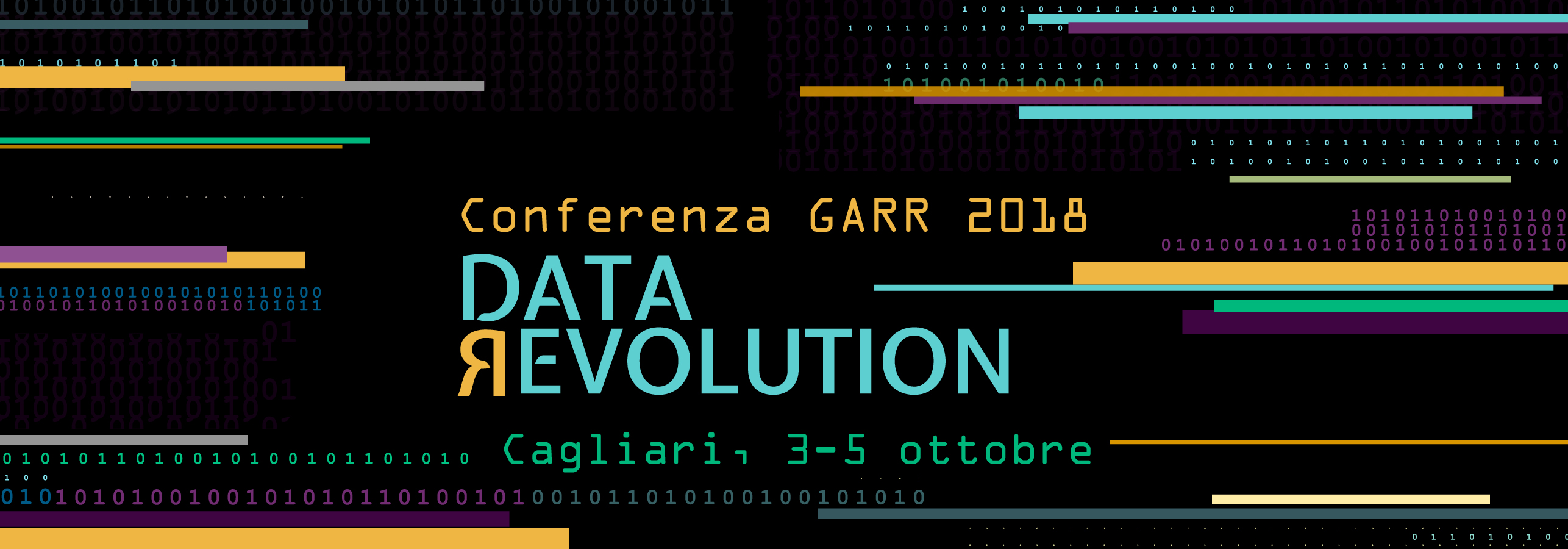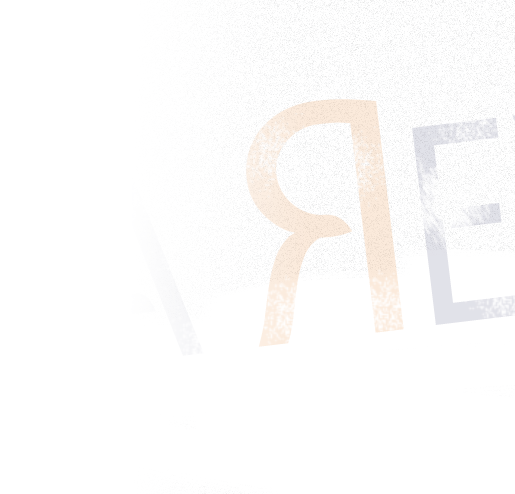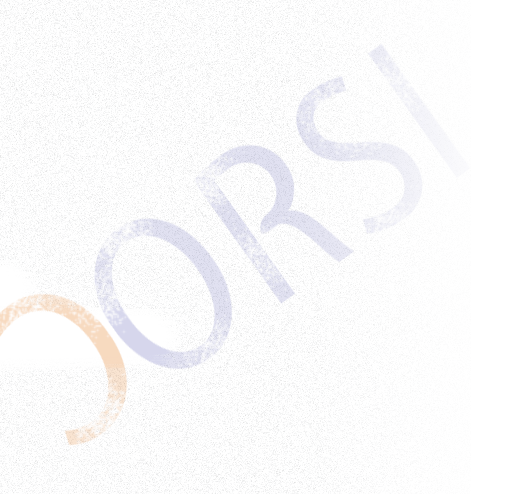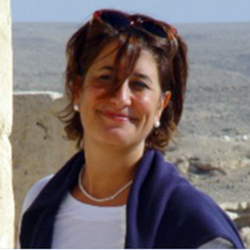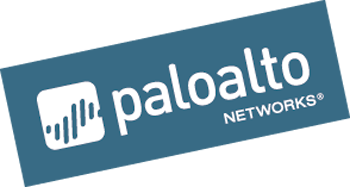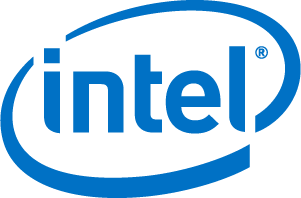Cristina Marras
- CNR ILIESI
- http://www.iliesi.cnr.it/
Infrastrutture, terminologie e policy per la ricerca umanistica: note per un confronto interdisciplinare
 Ricercatrice presso l’Istituto Lessico Intellettuale Europeo e Storia delle Idee (ILIESI) del CNR, accompagna la sua ricerca in filosofia, filosofia del linguaggio e umanistica digitale con attività di valorizzazione del dialogo interdisciplinare attraverso l’esplorazione dei diversi linguaggi e delle tecnologie che favoriscono la condivisione di metodi, pratiche e risultati della ricerca. Attualmente è co-coordinatrice del progetto Modelling between Digital and Humanities: Thinking in Practice, responsabile scientifico per l’ILIESI del progetto PON Beni e Patrimonio Culturale: governare la progettazione e partecipa al progetto Parthenos, Pooling Activities, Resources and Tools for Heritage E-research Networking, Optimization and Synergies. E' stata Science Officer presso l’European Science Foundation di Strasburgo per il peer review, la valutazione e la qualità della ricerca, tiene il corso in convenzione "Digital Humanities for Philosophy" alla Sapienza Università di Roma, è membro della redazione di Umanistica Digitale e dal 2014 al 2017 membro del direttivo dell’AIUCD. http://www.iliesi.cnr.it/profilo.php?name=Marras
Ricercatrice presso l’Istituto Lessico Intellettuale Europeo e Storia delle Idee (ILIESI) del CNR, accompagna la sua ricerca in filosofia, filosofia del linguaggio e umanistica digitale con attività di valorizzazione del dialogo interdisciplinare attraverso l’esplorazione dei diversi linguaggi e delle tecnologie che favoriscono la condivisione di metodi, pratiche e risultati della ricerca. Attualmente è co-coordinatrice del progetto Modelling between Digital and Humanities: Thinking in Practice, responsabile scientifico per l’ILIESI del progetto PON Beni e Patrimonio Culturale: governare la progettazione e partecipa al progetto Parthenos, Pooling Activities, Resources and Tools for Heritage E-research Networking, Optimization and Synergies. E' stata Science Officer presso l’European Science Foundation di Strasburgo per il peer review, la valutazione e la qualità della ricerca, tiene il corso in convenzione "Digital Humanities for Philosophy" alla Sapienza Università di Roma, è membro della redazione di Umanistica Digitale e dal 2014 al 2017 membro del direttivo dell’AIUCD. http://www.iliesi.cnr.it/profilo.php?name=Marras
 Researcher at the Institute for European Intellectual Lexicon and History of Ideas (ILIESI) of the CNR, she couples her research in philosophy, philosophy of language and digital humanism with activities to enhance the interdisciplinary dialogue through the exploration of different languages and technologies that favor the sharing of research methods, practices and results. She is currently co-coordinator of the project Modeling between Digital and Humanities: Thinking in Practice, scientific director for ILIESI of the PON Beni Project and Cultural Heritage: managing the planning and participating in the Parthenos project, Pooling Activities, Resources and Tools for Heritage E- research Networking, Optimization and Synergies. She has been Science Officer at the European Science Foundation in Strasbourg for peer review, evaluation and quality of research. She teaches "Digital Humanities for Philosophy" at Università La Sapienza in Rome, and is a member of the editorial staff of Digital Humanities and from 2014 to 2017 member of the AIUCD board. http://www.iliesi.cnr.it/profilo.php?name=Marras
Researcher at the Institute for European Intellectual Lexicon and History of Ideas (ILIESI) of the CNR, she couples her research in philosophy, philosophy of language and digital humanism with activities to enhance the interdisciplinary dialogue through the exploration of different languages and technologies that favor the sharing of research methods, practices and results. She is currently co-coordinator of the project Modeling between Digital and Humanities: Thinking in Practice, scientific director for ILIESI of the PON Beni Project and Cultural Heritage: managing the planning and participating in the Parthenos project, Pooling Activities, Resources and Tools for Heritage E- research Networking, Optimization and Synergies. She has been Science Officer at the European Science Foundation in Strasbourg for peer review, evaluation and quality of research. She teaches "Digital Humanities for Philosophy" at Università La Sapienza in Rome, and is a member of the editorial staff of Digital Humanities and from 2014 to 2017 member of the AIUCD board. http://www.iliesi.cnr.it/profilo.php?name=Marras
SESSIONE 10. OPEN DATA - OPEN SCIENCE
Infrastrutture, terminologie e policy per la ricerca umanistica: note per un confronto interdisciplinare
 L’intervento si inserisce nell’ambito della tematica della conferenza relativa alle "Strategie e politiche di sviluppo per infrastrutture digitali" e riguarda soprattutto la Policy dei dati della ricerca. Propone e descrive il lavoro e l’esperienza maturata dal gruppo di ricerca del CNR-ILIESI (http://www.iliesi.cnr.it/) nell’ambito delle attività per il progetto "Parthenos, Pooling Activities, Resources and Tools for Heritage E-research Networking, Optimization and Synergies" (http://www.parthenos-project.eu/). Si concentra sui temi dell’open access e dell’open science e al loro legame nella preparazione, pubblicazione, gestione, accesso e riuso di documenti/testi/informazioni su piattaforme interoperabili per la ricerca umanistica. Guarda con particolare attenzione alla terminologia e alla necessità di un Glossario dedicato nella stesura di linee guida specifiche per la gestione e regolamentazione di questa interoperabilità. Presenta le specificità della ricerca storico filosofica e umanistica digitale soffermandosi su alcuni problemi e sulle prospettive aperte dal confronto con la costruzione di infrastrutture digitali e di workflows per la ricerca. In questo contesto emerge come inevitabile un confronto con le pratiche e i protocolli delle altre discipline; tale confronto e dialogo interdisciplinare è non solo utile ma necessario per la crescita della conoscenza e la definizione di strategie condivise nella comunità scientifica.
L’intervento si inserisce nell’ambito della tematica della conferenza relativa alle "Strategie e politiche di sviluppo per infrastrutture digitali" e riguarda soprattutto la Policy dei dati della ricerca. Propone e descrive il lavoro e l’esperienza maturata dal gruppo di ricerca del CNR-ILIESI (http://www.iliesi.cnr.it/) nell’ambito delle attività per il progetto "Parthenos, Pooling Activities, Resources and Tools for Heritage E-research Networking, Optimization and Synergies" (http://www.parthenos-project.eu/). Si concentra sui temi dell’open access e dell’open science e al loro legame nella preparazione, pubblicazione, gestione, accesso e riuso di documenti/testi/informazioni su piattaforme interoperabili per la ricerca umanistica. Guarda con particolare attenzione alla terminologia e alla necessità di un Glossario dedicato nella stesura di linee guida specifiche per la gestione e regolamentazione di questa interoperabilità. Presenta le specificità della ricerca storico filosofica e umanistica digitale soffermandosi su alcuni problemi e sulle prospettive aperte dal confronto con la costruzione di infrastrutture digitali e di workflows per la ricerca. In questo contesto emerge come inevitabile un confronto con le pratiche e i protocolli delle altre discipline; tale confronto e dialogo interdisciplinare è non solo utile ma necessario per la crescita della conoscenza e la definizione di strategie condivise nella comunità scientifica.
 The speech is about one of the topics of the conference on "Strategies and policies for the development of digital infrastructures" and concerns above all the Policy of research data. It proposes and describes the work and experience gained by the CNR-ILIESI research group (http://www.iliesi.cnr.it/) as part of the activities for the "Parthenos, Pooling Activities, Resources and Tools for Heritage E-research Networking, Optimization and Synergies "(http://www.parthenos-project.eu/). It focuses on the themes of open access and open science and their interconnection in the preparation, publication, management, access and reuse of documents / texts / information on interoperable platforms for humanistic research. It pays a particular attention to the terminology and to the need for a dedicated Glossary in the drafting of specific guidelines for the management and regulation of this interoperability. It presents the specificities of the historical philosophical and humanistic digital research focusing on some problems and perspectives that have emerged from the comparison with the construction of digital infrastructures and workflows for research. In this context a comparison with the practices and protocols of the other disciplines emerges as inevitable; this comparison and interdisciplinary dialogue is not only useful but necessary for the growth of knowledge and the definition of shared strategies in the scientific community.
The speech is about one of the topics of the conference on "Strategies and policies for the development of digital infrastructures" and concerns above all the Policy of research data. It proposes and describes the work and experience gained by the CNR-ILIESI research group (http://www.iliesi.cnr.it/) as part of the activities for the "Parthenos, Pooling Activities, Resources and Tools for Heritage E-research Networking, Optimization and Synergies "(http://www.parthenos-project.eu/). It focuses on the themes of open access and open science and their interconnection in the preparation, publication, management, access and reuse of documents / texts / information on interoperable platforms for humanistic research. It pays a particular attention to the terminology and to the need for a dedicated Glossary in the drafting of specific guidelines for the management and regulation of this interoperability. It presents the specificities of the historical philosophical and humanistic digital research focusing on some problems and perspectives that have emerged from the comparison with the construction of digital infrastructures and workflows for research. In this context a comparison with the practices and protocols of the other disciplines emerges as inevitable; this comparison and interdisciplinary dialogue is not only useful but necessary for the growth of knowledge and the definition of shared strategies in the scientific community.


